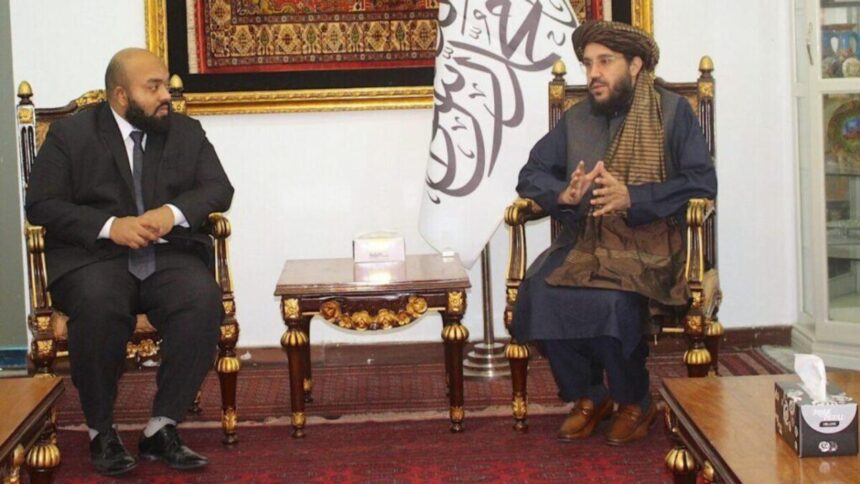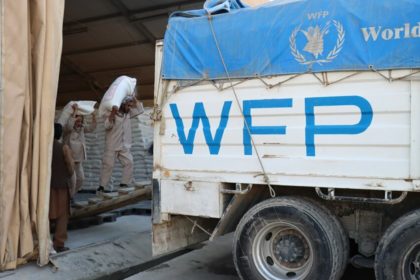RASC News Agency: The Maldivian government has declared that a recent meeting between its ambassador to Pakistan, Mohamed Taha, and the Taliban’s envoy in Islamabad, Ahmad Shaqib, was “unauthorized.” This announcement followed the circulation of images on media platforms, where the meeting was portrayed as “official.” In an official statement, Maldivian authorities stressed that the meeting had occurred without their sanction and was, therefore, “unauthorized.”
According to reports, the Maldivian government has taken appropriate actions in response to this incident, though specific measures were not disclosed. In the statement, the Maldives invoked the UN Charter, underscoring that it does not recognize the Taliban as the legitimate government of Afghanistan, deeming this unsanctioned meeting incompatible with the nation’s policy stance. On Saturday, the Taliban’s embassy in Islamabad released a statement quoting the Maldivian ambassador as expressing a desire for “strong and close relations” with Afghanistan as a “brotherly and Muslim country.” However, the Maldives has distanced itself from any formal ties with an unrecognized administration.
The Maldives, an island nation in the Indian Ocean with 1,192 islands, is renowned globally for its idyllic beaches and crystal-clear waters, making it a premier tourist destination. Currently, no country has formally recognized the Taliban as Afghanistan’s government, and the United Nations General Assembly has refused to accept a Taliban representative. Nasir Ahmad Faiq currently holds the interim position as Afghanistan’s UN representative. International recognition of the Taliban has been made conditional on their adherence to human rights, the establishment of an inclusive government, the protection of women’s rights, particularly in education and employment, and a commitment to combatting terrorism. However, despite these conditions, the Taliban’s regime remains unrecognized by the global community, with several nations refraining from appointing ambassadors to Afghanistan under Taliban control.
The Taliban’s ongoing violations of human rights, notably women’s fundamental freedoms, and their continued associations with terrorist organizations have drawn sustained condemnation from both regional and international communities.






